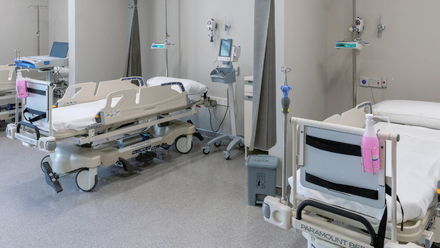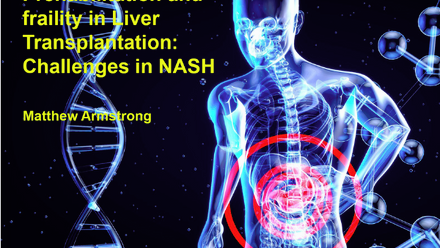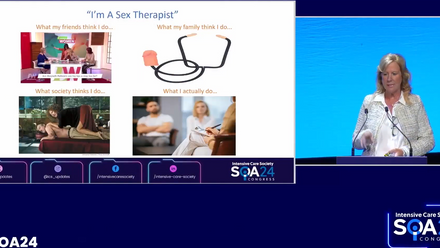However, the knowledge we possess regarding recovery following critical illness from other respiratory conditions, lends substance to future rehabilitation planning.
A recent paper published in the American Journal of Physical Medicine and Rehabilitation outlines how rehabilitation can reduce the complications from COVID-19 by:
- Delivering interdisciplinary rehabilitation that is initiated early and continued throughout the acute hospital stay,
- Providing patient/family education for self-care after discharge from inpatient rehabilitation at either acute or subacute settings, and
- Continuing rehabilitation care in the outpatient setting, and at home through ongoing therapy either in-person or via telehealth.
A substantial burden of care on the recovering ICU patient relates to the deconditioning and neuromuscular weakness commonly noted. Research focused on the outcomes following critical illness pre-COVID-19 has demonstrated impairments in physical, cognitive and psychological domains which have a lasting impact on return to usual occupations and societal participation [3]. Participation is also known to impact on patients and families’ quality of life, increasing the informal and formal care needs with a resultant economic impact on individuals and on the state. This in turn impacts on people’s social determinants of health with potential consequences on their future health and their families.



